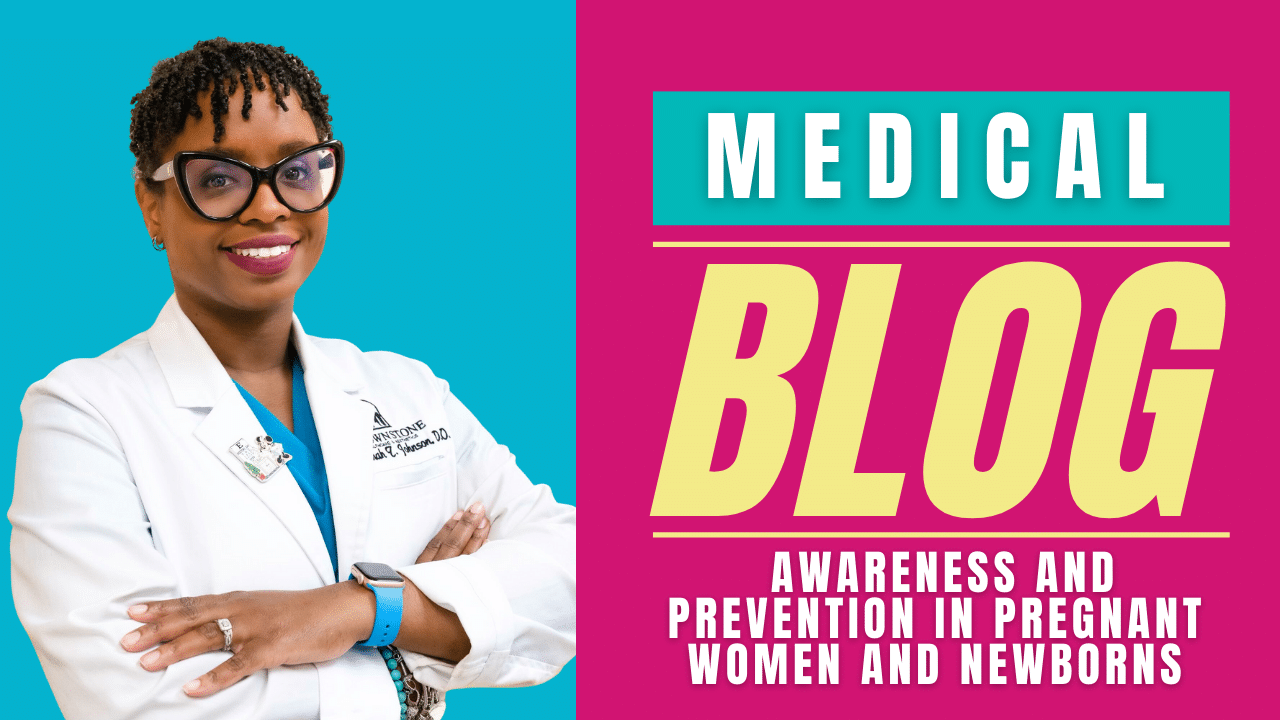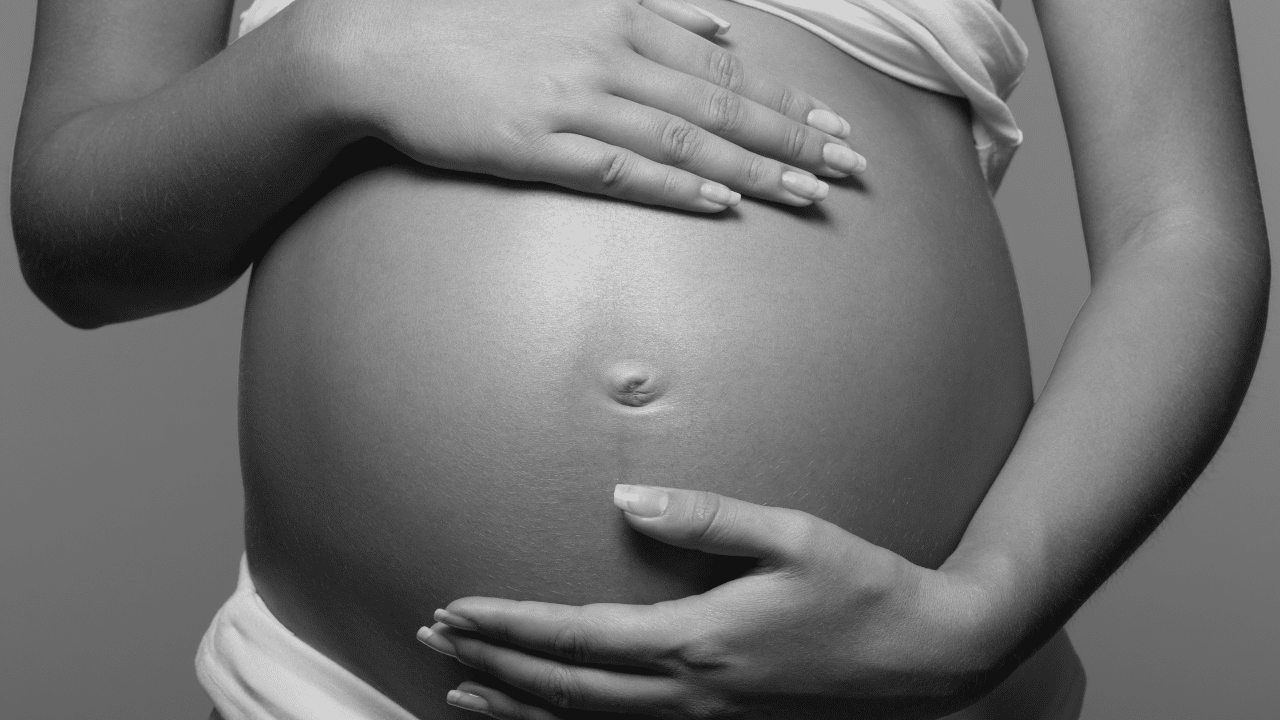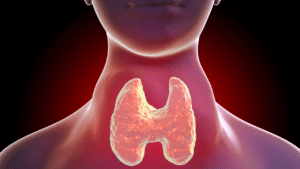Group B Streptococcus (GBS) is a common bacteria often found in the vagina and rectum of healthy adults. While generally harmless to adults, GBS can pose serious risks to newborns during pregnancy and childbirth. This blog aims to raise awareness about GBS in pregnant women and newborns, highlighting the importance of screening and preventative measures.
What is Group B Strep (GBS)?
GBS is a type of bacteria that typically resides in the human intestines and genital tract. It’s estimated that 1 in 4 pregnant women carry GBS. While most women experience no symptoms, GBS can cause urinary tract infections, infections of the amniotic fluid, and even premature birth.
Risks to Newborns
The most significant risk of GBS occurs during childbirth. If a mother carries GBS, the bacteria can be transmitted to the baby during delivery. This can lead to serious infections in newborns, including:
- Sepsis: A life-threatening bloodstream infection.
- Pneumonia: Infection of the lungs.
- Meningitis: Infection of the membranes surrounding the brain and spinal cord.
These infections can have severe consequences, including long-term health problems or even death.
Screening and Prevention
Thankfully, GBS infection in newborns is preventable. Here’s how:
- GBS Screening: Pregnant women are typically screened for GBS between 35 and 37 weeks of pregnancy. This involves a simple swab test of the vagina and rectum.
- Antibiotics during Labor: If a woman tests positive for GBS, or has certain risk factors (previous baby with GBS infection, preterm labor, fever during labor), she will be given intravenous antibiotics during labor. This significantly reduces the risk of GBS transmission to the baby.
Risk Factors
While any pregnant woman can carry GBS, certain factors increase the risk of GBS infection in newborns:
- Premature birth: Babies born before 37 weeks are at higher risk.
- Prolonged rupture of membranes: When the amniotic sac breaks more than 18 hours before delivery.
- Fever during labor: A maternal fever can indicate infection.
- Previous baby with GBS disease: A history of GBS infection in a previous child.
Awareness is Key
Understanding GBS and its potential impact on newborns is crucial for all expectant parents. Talk to your healthcare provider about GBS screening and any concerns you may have.
Remember, early detection and preventative measures can significantly reduce the risk of GBS infection in newborns.
Additional Resources:
- Centers for Disease Control and Prevention (CDC): https://www.cdc.gov/groupbstrep/]([invalid URL removed])
- Group B Strep International






